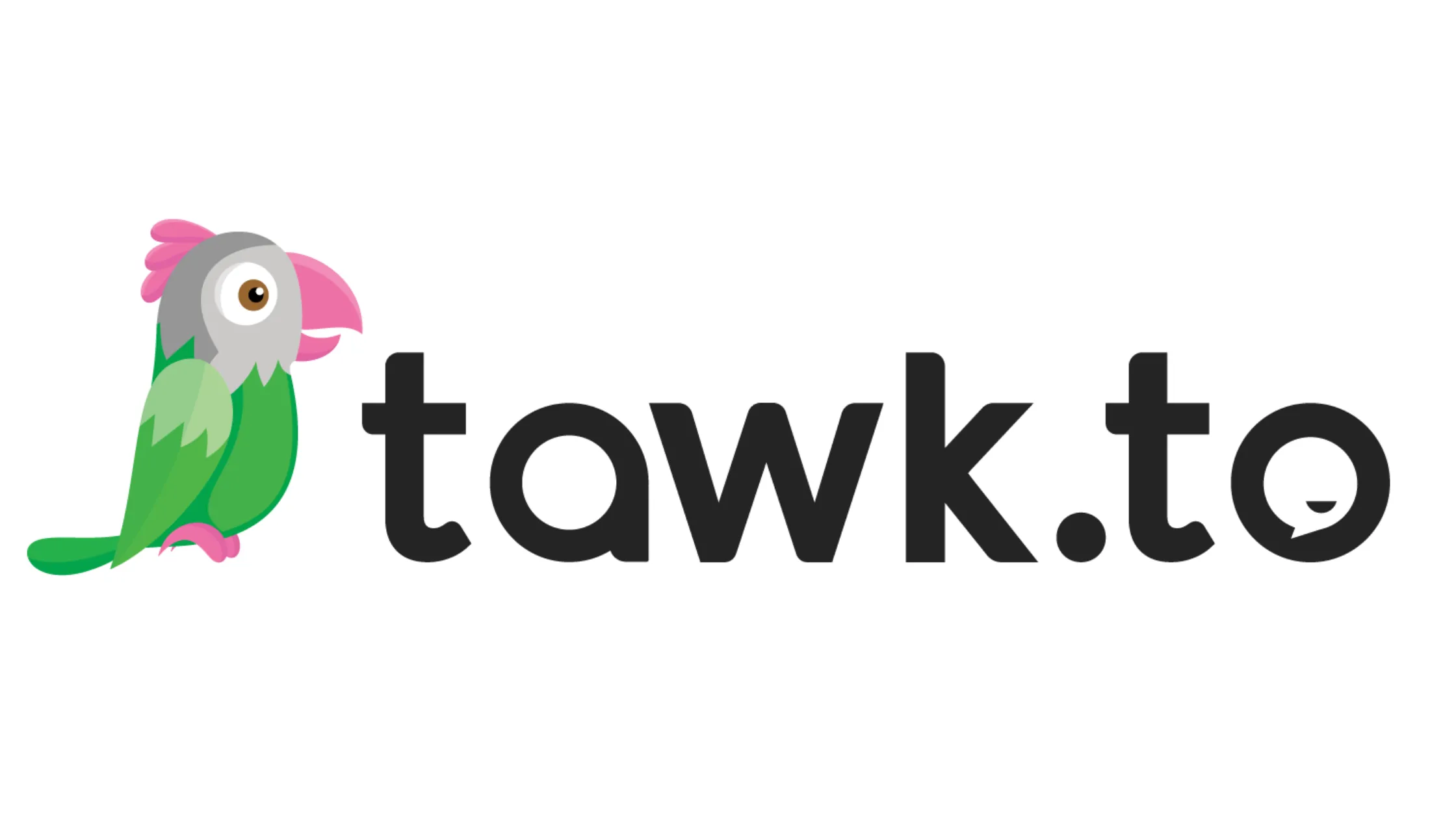
What is a Startup Incubator?
Confused about startup incubators? This founder-friendly guide breaks down what they are, the benefits they offer, and how to pick the right one for you.
Imagine this: you've got a phenomenal idea for a business, a product that could change the world. But between the technical hurdles, fundraising woes, and the sheer pressure of getting it all right, that dream can quickly turn into a daunting reality.
That's where startup incubators come in.
What is a Startup Incubator?
Think of a startup incubator as a launchpad for early-stage businesses. Incubators offer a supportive environment with resources, mentorship, and networking opportunities designed to help startups like yours thrive. They typically provide office space, access to funding and investors, and guidance from experienced entrepreneurs and industry experts.
Here's a breakdown of the key benefits incubators offer:
- Mentorship: Seasoned advisors can provide invaluable guidance on everything from product development and marketing to business strategy and fundraising.
- Networking: Connect with other founders, investors, and potential partners who can help you grow your business.
- Funding: Some incubators offer seed funding or connect you with investors.
- Community: Surround yourself with a community of like-minded individuals who understand the challenges of building a startup.
- Infrastructure: Access shared office space, meeting rooms, and high-speed internet, reducing initial costs.
Are Incubators Right for You?
While incubators offer a wealth of benefits, they're not a one-size-fits-all solution. Here are some things to consider:
- Stage of your Startup: Most incubators focus on early-stage ventures, so make sure your idea is well-defined but still in the development phase.
- Industry Focus: Some incubators specialize in specific industries like tech, healthcare, or clean energy. Look for one that aligns with your field.
- Program Structure: Incubator programs vary in intensity and duration. Some provide intensive support for a short period, while others offer a more flexible approach.
- Costs: Some incubators charge fees or take equity in exchange for their services.
Picking the Perfect Incubator:
Finding the right incubator can make all the difference to your startup's success. Here are some tips for choosing the best fit:
- Research: Look for incubators with a good track record of helping startups succeed in your industry.
- Network: Talk to founders who have participated in incubator programs to get their insights.
- Consider Your Needs: What are your biggest challenges? What kind of support do you need most?
- Visit the Incubator: Get a feel for the environment and meet the team to see if it's a good cultural fit.
Why Horizon Labs Can Be Your Tech Partner
At Horizon Labs, we understand the challenges that startups face. We're not just a development shop; we're your strategic tech partner. Fueled by a team of YC alumni and experienced engineers, we've helped numerous startups like yours build high-quality products fast and cost-effectively.
Whether you're still validating your concept or ready to launch your MVP, we can help you navigate the technical complexities and bring your vision to life. From prototyping and custom development to staff augmentation, we offer a range of services tailored to your specific needs.
Ready to take your startup to the next level? Let Horizon Labs be your trusted tech partner. Contact us today at info@horizon-labs.co or schedule a call at https://www.horizon-labs.co/contact to discuss how we can help you build your tech better, faster, and cheaper than the competition.
Frequently Asked Questions (FAQs) about Startup Incubators:
Q: What's the difference between a startup incubator and a startup accelerator?
A: While both incubators and accelerators provide support for early-stage startups, they differ in their approach and intensity. Incubators often offer longer-term support, focusing on providing resources like office space, mentorship, and networking opportunities. Accelerators, on the other hand, typically offer shorter, more intensive programs with a focus on rapid growth and investment.
Q: Can I join a startup incubator if my business is already generating revenue?
A: It depends on the specific incubator. While some incubators focus on pre-revenue startups, others may consider businesses with early-stage revenue. It's important to check the eligibility criteria for each incubator you're interested in.
Q: How do I choose the right incubator for my startup?
A: Consider factors such as the incubator's industry focus, program structure, fees, and reputation. Research incubators in your area or industry and talk to other founders who have participated in programs.
Q: Are there any costs associated with joining a startup incubator?
A: Incubators may charge fees, take equity in your business, or require other forms of compensation. Some incubators may offer free or low-cost programs, especially if they receive government funding or support from corporate sponsors.
Q: How long does a typical incubator program last?
A: Incubator programs can vary in length, but most last between 3 months and a year. Some incubators offer ongoing support after the initial program ends.
Q: Can I still join a startup incubator if my idea is not fully developed?
A: Many incubators are open to supporting startups with early-stage ideas. However, it's important to have a solid business plan and a clear vision for your company.
Q: Can I join a startup incubator if I'm not a tech startup?
A: While many incubators focus on technology startups, there are also incubators that support businesses in other industries such as healthcare, agriculture, and retail.
Q: Can I join a startup incubator if I'm a solo founder?
A: Yes, many incubators welcome solo founders. However, some may prefer to work with teams of founders.
Q: How do I apply to a startup incubator?
A: The application process for incubators can vary, but typically involves submitting a detailed business plan, financial projections, and information about your team. Some incubators may require you to go through a competitive application process.
Q: Can I join a startup incubator if my business is based outside of the United States?
A: Yes, many incubators accept international startups. However, there may be additional requirements or considerations, such as visa or immigration regulations.
Q: Can I join multiple startup incubators at the same time?
A: It's generally not recommended to participate in multiple incubators simultaneously. The demands of a rigorous incubator program can be time-consuming, and it may be difficult to allocate your resources effectively.
Q: Can I leave a startup incubator if it's not a good fit for my business?
A: While it's not ideal to leave an incubator program, it may be necessary in some cases. If you feel that the incubator is no longer providing the support you need, it's important to communicate your concerns with the program director and explore other options.
Q: What are some of the challenges that startups face when participating in incubator programs?
A: Some common challenges include:
- Competition: Incubators often have a competitive environment, and startups may need to compete for resources and attention.
- Time Commitment: Incubator programs can be demanding, and startups may need to sacrifice other commitments to participate fully.
- Loss of Control: Incubators may have certain expectations or requirements that can limit a startup's autonomy.
- Dilution of Equity: Some incubators may take equity in exchange for their services, which can dilute a startup's ownership.
Q: How can I maximize the benefits of participating in a startup incubator?
A: To get the most out of your incubator experience, it's important to:
- Be proactive: Seek out mentors and advisors, participate in networking events, and take advantage of the resources available to you.
- Be open to feedback: Be receptive to feedback from mentors and advisors, and be willing to make changes to your business plan if necessary.
- Build relationships: Connect with other startups in the incubator and build strong relationships within the incubator community.
- Focus on your goals: Keep your business goals in mind and prioritize the activities that will help you achieve them.
Whether you're validating an idea, scaling an existing product, or need senior engineering support—We help companies build ideas into apps their customers will love (without the engineering headaches). US leadership with American & Turkish delivery teams you can trust.
Need Developers?
We help companies build ideas into apps their customers will love (without the engineering headaches). US leadership with American & Turkish delivery teams you can trust.
















For Startups & Founders
We've been founders ourselves and know how valuable the right communities, tools, and network can be, especially when bootstrapped. Here are a few that we recommend.

Mistakes to Avoid When Building Your First Product
Learn the key mistakes founders make when building their first product—and how to avoid them for a faster, smoother launch.
Read more
The Rise of AI in Product Development: What Startups Need to Know
Learn how AI is transforming product development for startups. From MVPs to scaling, here’s what founders need to know in today’s AI-driven world.
Read more
No-Code vs. Custom Development: Which is Right for Your Startup?
Weighing no-code vs. custom development? Learn which is right for your startup depending on stage, budget, and product complexity.
Read more
What is Mixpanel?
Learn how Mixpanel helps startups track user behavior to improve products and accelerate growth with clear data-driven insights.
Read more
How Tawk.to Can Boost Your Startup’s Customer Support Game
Learn how Tawk.to can benefit startups by enhancing customer support and engagement. Perfect for early-stage founders!
Read more
Grow Your Startup With Anthropic's AI-Powered Tools
Discover how Anthropic's cutting-edge AI tools can accelerate your startup's success. Learn about their benefits and see why they can be trusted by startups.
Read more
What is Data-Driven VC?
Learn what a data-driven VC means and how such investors can benefit your startup’s growth and fundraising journey.
Read more
What is Blockchain?
A beginner-friendly guide on blockchain for startup founders, covering key concepts, benefits, challenges, and how to leverage it effectively.
Read more
What is Cybersecurity?
Learn cybersecurity basics tailored for startup founders. Understand key risks, best practices, and how to protect your startup from tech threats.
Read more
What is Seedcamp?
Learn what Seedcamp is, how its European seed fund and accelerator program work, and how founders can use its capital, mentorship, and network to scale their st
Read more
What is AngelList?
AngelList is a prime platform connecting startup founders to investors, talent, and resources to accelerate early-stage growth.
Read more
What is 500 Startups?
Learn what 500 Startups (now 500 Global) is, how its accelerator and seed fund work, and when founders should consider it—plus tips for early-stage startups.
Read more.webp)